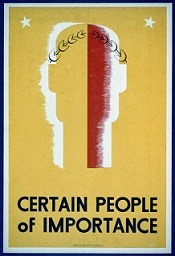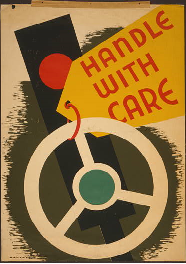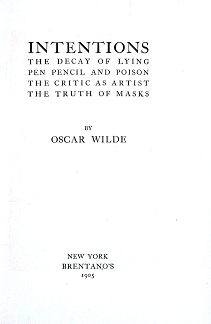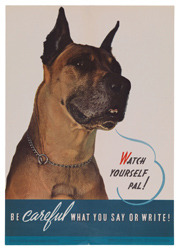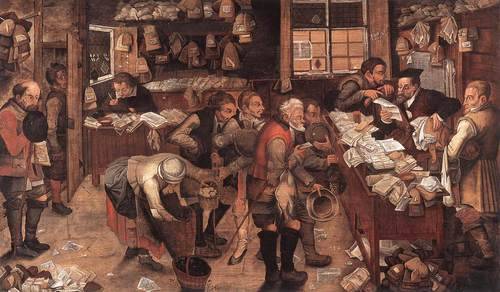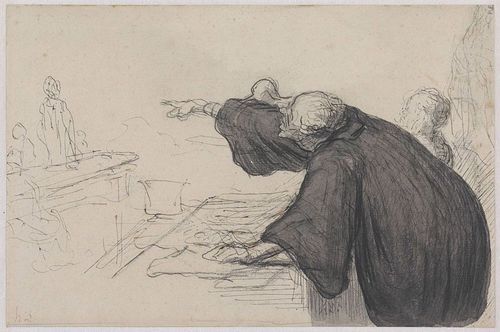5.27.15 The Supreme Court’s recent decision in McVey v. M.L.K. Enterprises (2015 IL 118143) lets Illinois lawyers know the order of things when it comes to disbursing settlement funds in injury cases, and the lesson is: we may call medical lienholders “third parties,” but they’re not third in line. In McVey, the plaintiff settled her […]
Lienholders, Trust Accounts, and You
